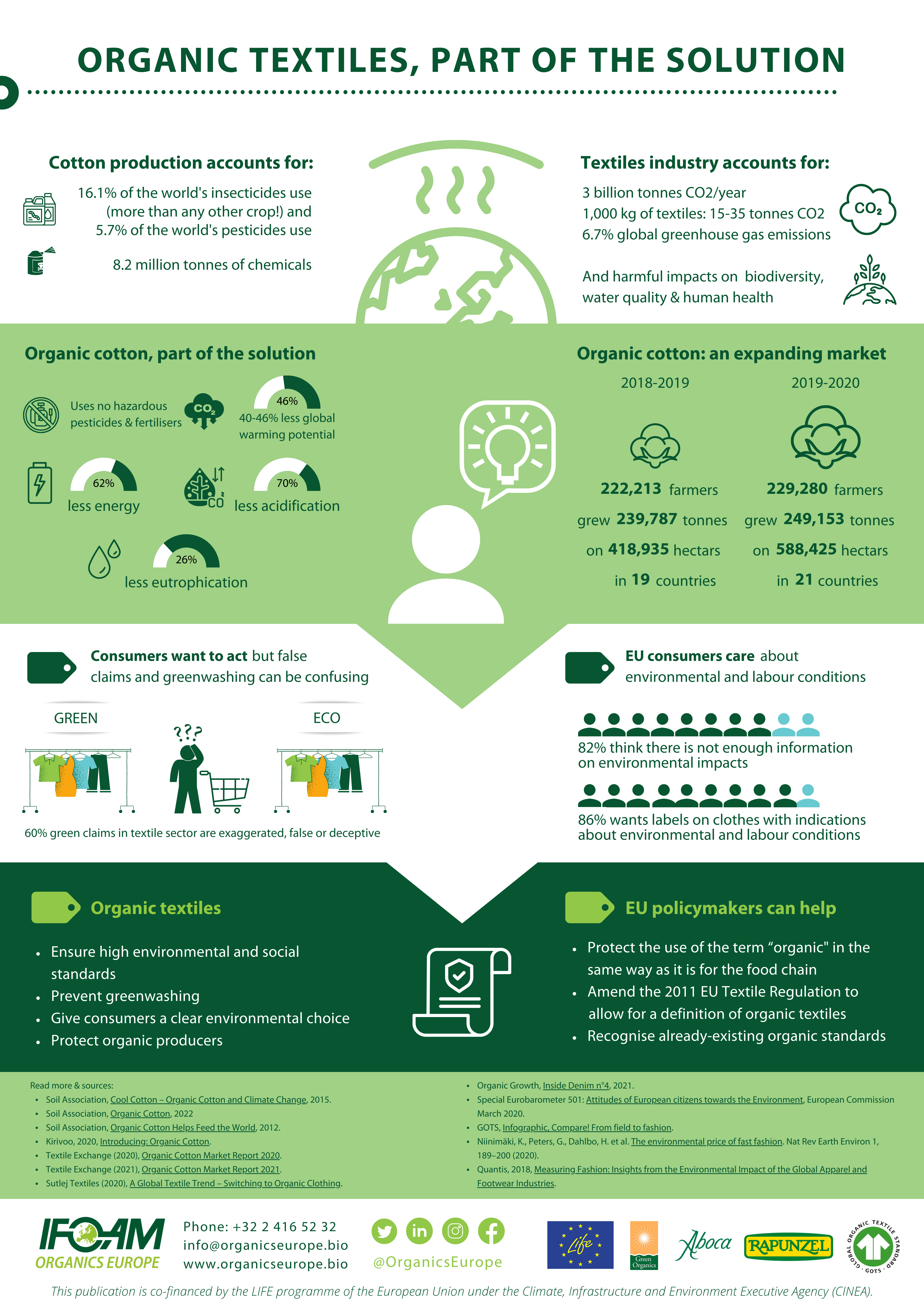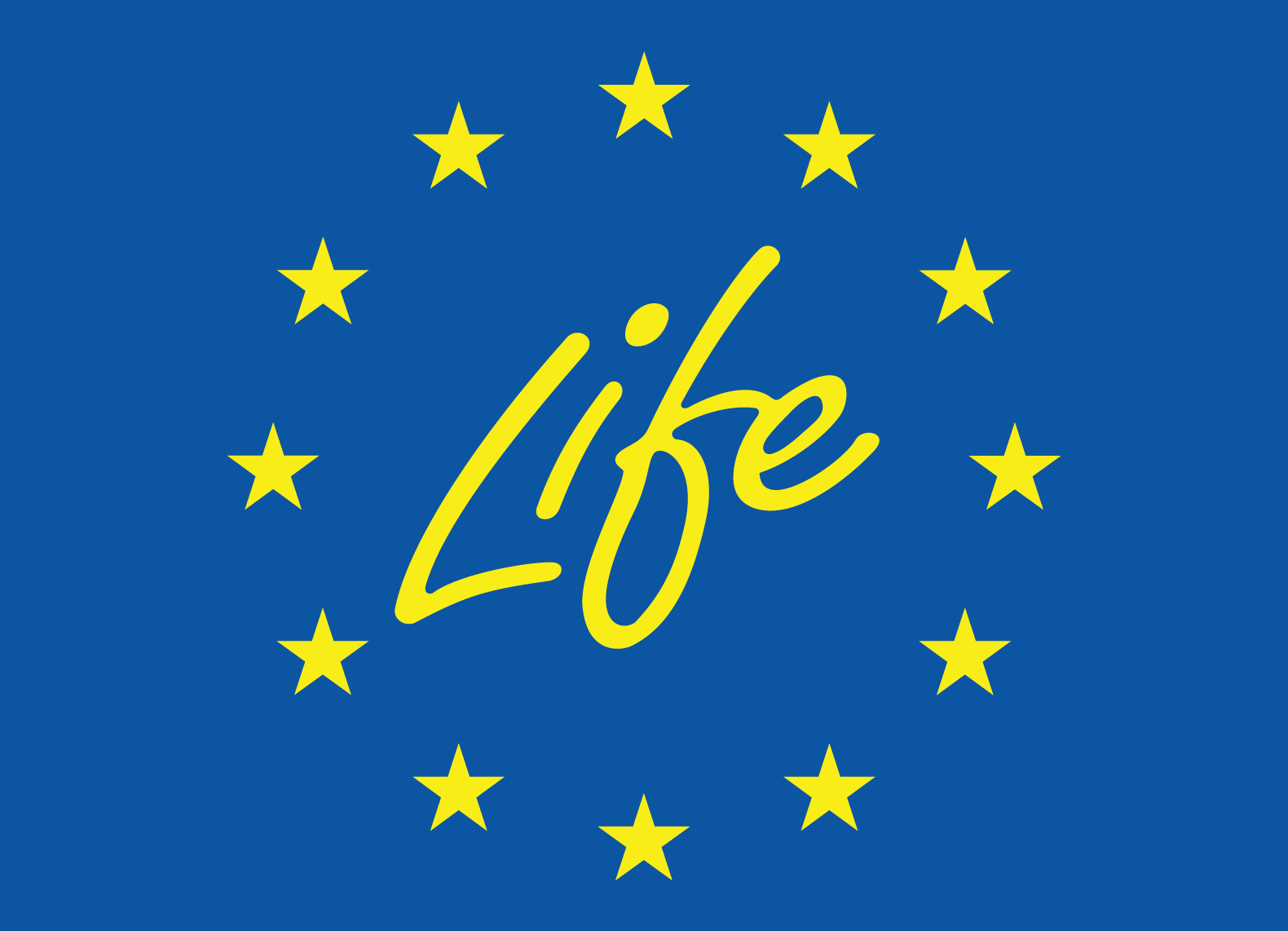NGOs demand adequate methodologies in upcoming legal proposal on green claims– also for apparel & footwear
The European Commission’s is working on an upcoming legislative proposal to help justify (‘substantiate’) green claims and prevent greenwashing. However, this proposal runs the risk of being misleading and to worsen ongoing greenwashing in the food and the fashion industries. NGOs have taken a strong stance against this in a recent joint letter.

Initiative on substantiating green claims
There is a plethora of new policy initiatives on the EU horizon and they all seek to reduce greenwashing in various economic sectors. Among others, the initiative on substantiating green claims, expected by the end of November 2022, which would tie into the legislative proposal on empowering consumers in the green transition. This initiative will require companies to substantiate any sustainability and impact claim.
This initiative would favour the use of the Product Environmental Footprint (PEF) methodology, which is based on a life cycle analysis (LCA) to assess a products’ impact on the environment. Meaningful and balanced environmental and social information of textile products is essential. However, the PEF has various shortcomings, and cannot be the sole methodology to underpin this information. This holds true for agri-food products, as this joint letter by a coalition of environmental NGOs explains, and also for textile products.

Preventing greenwashing in sustainable textiles is essential
Over the past 20 years, we have seen a steady increase in the production of clothes with a shorter and shorter life cycle. Many of these textiles become waste and are not recycled. Our planet cannot sustain this in the long-term. The current conventional supply chain negatively impacts the environment, it especially damages our soil health, emits a lot of greenhouse gas emissions, negatively affects the well-being and health of workers who are exposed to chemicals and endure poor working condition.
EU consumers want stricter environmental and labour conditions, but the confusing landscape of ‘sustainable’ fashion claims makes informed consumer choice difficult. About 60% of green claims in the textile sector are exaggerated, false or deceptive.
Shortcomings of the PEF for apparel and footwear
The PEF methodology the European Commission proposed to address this problem is insufficient. While the product-focused PEF serves well to compare manufactured industrial goods, the approach significantly lags when evaluating the environmental performance of complex agricultural systems, including natural fibre production, in a holistic way.
When applied to agriculturally derived natural products, such as cotton, wool, hemp, jute, kenaf, and flax, the PEF gives misleading results in which synthetic and industrial fibre production score better. In other words, the PEF favours intensive, industrial textile production instead of extensive, natural agricultural practices and has no eye for both the positive and negative external costs of the production process. Among other things, the PEF does not account for the impacts of production systems on biodiversity and the use of pesticides and does not have an indicator on microplastic emissions and end-of-life practices.
As IFOAM Organics, we co-signed an open letter to the European Commission criticising the standalone application of the methodology in the textile and apparel industry.
For further questions, feel free to contact [email protected]. Do note that we prioritise our members’ requests. For information about what you can gain from being a member, read our membership page and contact [email protected].


The work of IFOAM Organics Europe on this topic is co-financed by the LIFE programme of the European Union, under the under the Climate, Infrastructure and Environment Executive Agency (CINEA). This publication only reflects the views of the authors and its sole responsibility lies with IFOAM Organics Europe. CINEA is not responsible for any use that may be made of the information provided.

